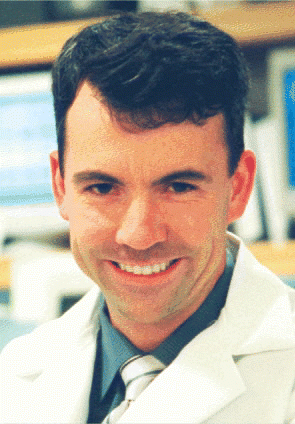Need for Shorter Shifts
Shorter work hours are important for reducing fatigue in physicians, as well as reducing medical errors. Evidence shows that there is a sharp drop in performance after 12 to 16 hours on duty, and by the 24-hour mark, people perform at the same level as somebody who is legally drunk with a blood alcohol of 0.10 percent, Dr. Landrigan said.
Explore This Issue
February 2009The current ACGME standards have loopholes that still allow for extra-long shifts. Because residents commonly work long hours, it is not surprising that many studies don’t show improvements in patient mortality or outcome, or a reduction in errors. Fatigued physicians are also more likely to be involved in traffic accidents-indicating that problems extend outside the hospital. The rules need to help guide centers on how shifts should be managed. There are good models for this in areas such as the airline industries, Dr. Landrigan said.
 They [the ACGME regulations] still allow work shifts of up to 30 hours in a row, which is a limit that’s completely not evidence-based and runs contrary to everything we know about human circadian biology and the ability to adapt to long hours.
They [the ACGME regulations] still allow work shifts of up to 30 hours in a row, which is a limit that’s completely not evidence-based and runs contrary to everything we know about human circadian biology and the ability to adapt to long hours.
-Christopher P. Landrigan, MD
When it comes to issues such as resident training, exposure to patient volume, and continuity of care, there are no simple answers. A fundamental restructuring of residency programs needs to be done, and studies need to help find the best ways to do this. Still, numerous institutions have eliminated 24-hour shifts, including the Brigham and Women’s Hospital Department of Surgery; the Medical ICU at St. Luke’s Medical Center in New York; the University of Pennsylvania Internal Medicine Program; and the Pediatric ICU fellowship at Children’s Hospital, Boston.
It’s also worth examining what other countries are doing. New Zealand, for instance, has a 16-hour shift limit that has been mandated for 20 years, and it’s one of the highest quality health care systems in the world, Dr. Landrigan said.
Currently, a committee of the US Institute of Medicine is reviewing the issue of duty hours, and will release recommendations for improvement. Dr. Landrigan is coauthor of a recent article in JAMA (Sept. 10, 2008) that offers suggestions on how to make duty hour programs more effective (see sidebar on page 6).
Duty Hour Restrictions Can Be Implemented in an ENT Service
According to a small study on the topic presented at the spring Combined Otolaryngology Spring Meeting, duty hours can be implemented successfully in an otolaryngology program. The study focused on a program with 15 residents at the University of Virginia (UVA). It showed that duty hours had little effect on patient mortality and readmission rates, and that otolaryngology residents had no change in performance on otolaryngology training examination (OTE) scores. Findings were presented by David Shonka, MD, from the Department of Otolaryngology at UVA in Charlottesville.
Leave a Reply